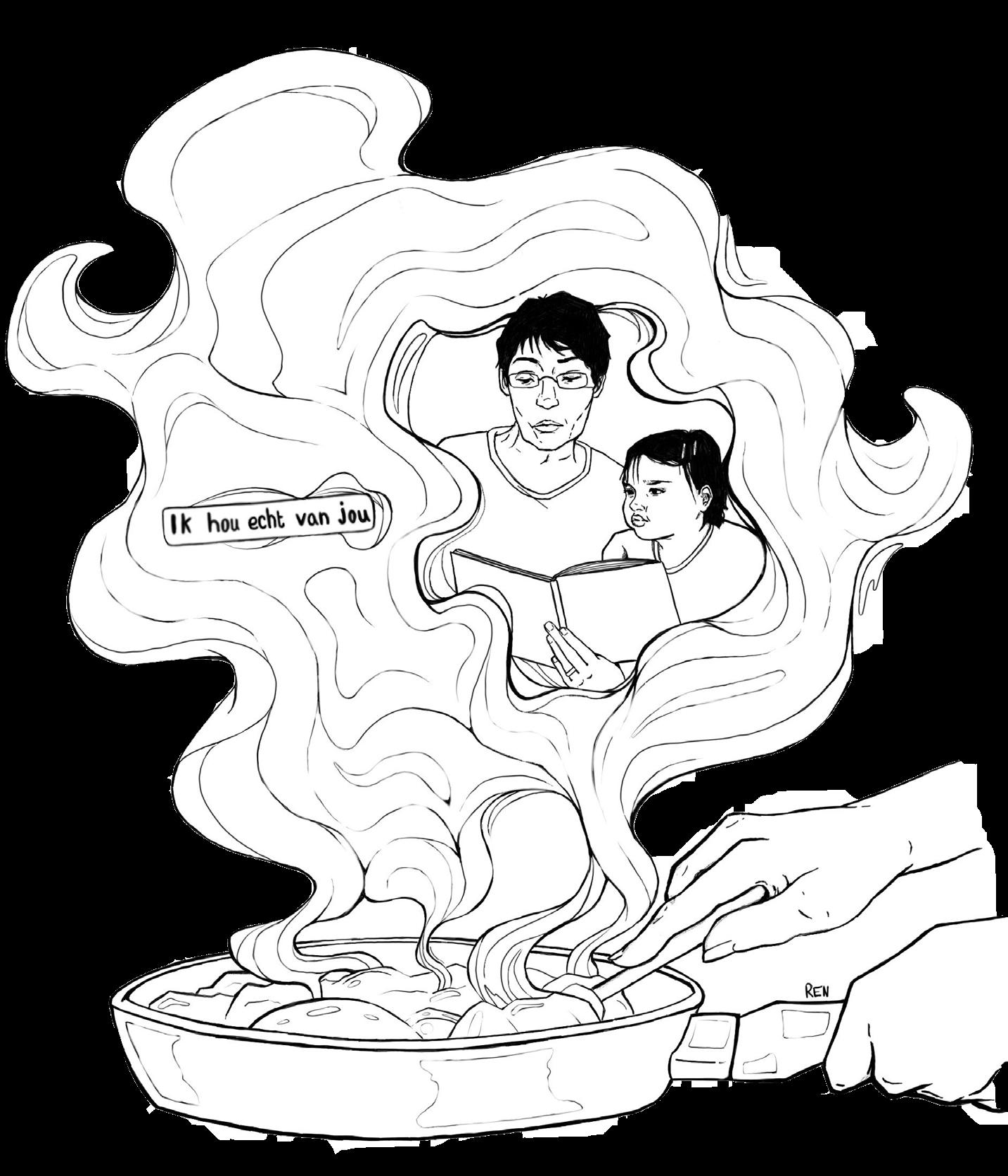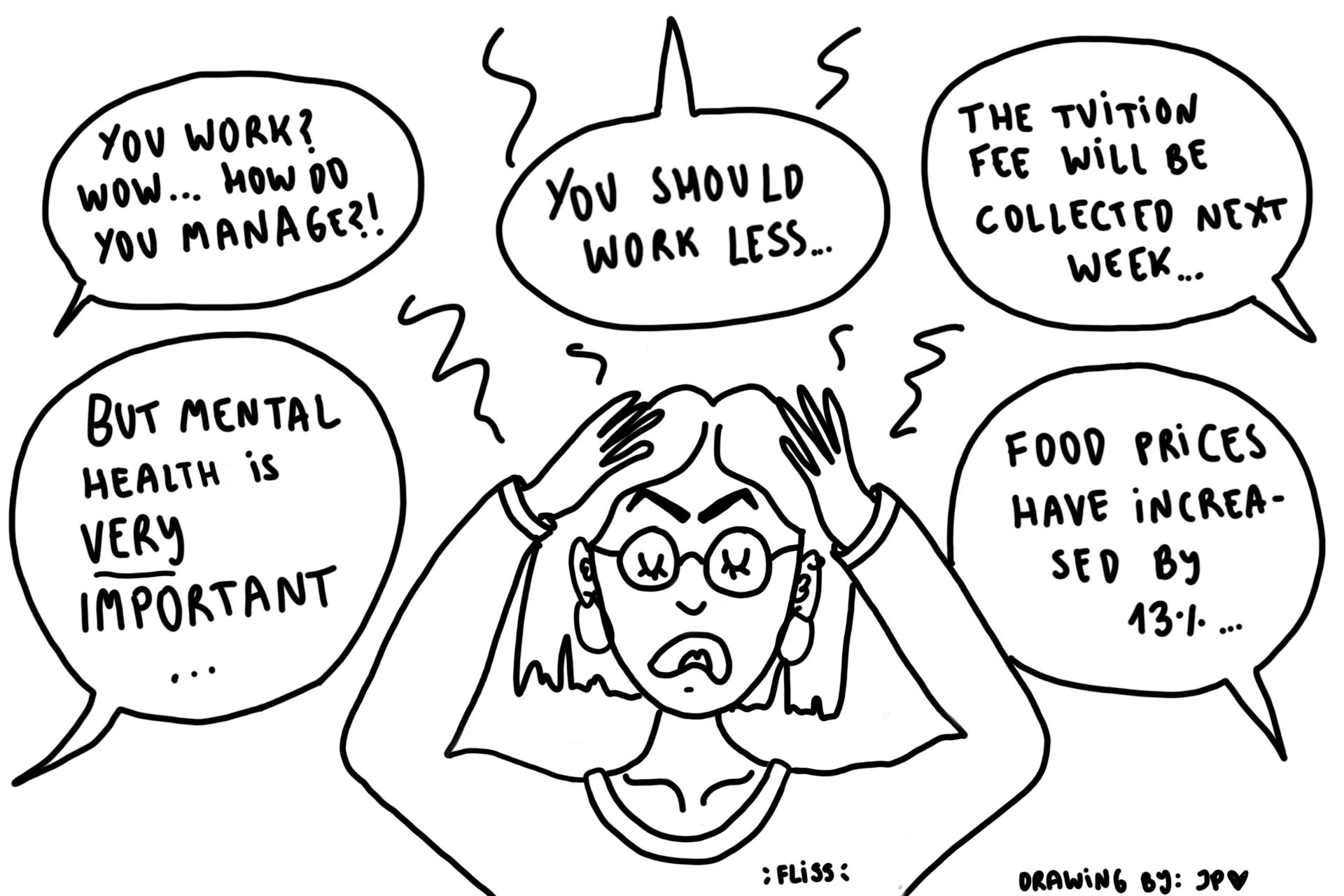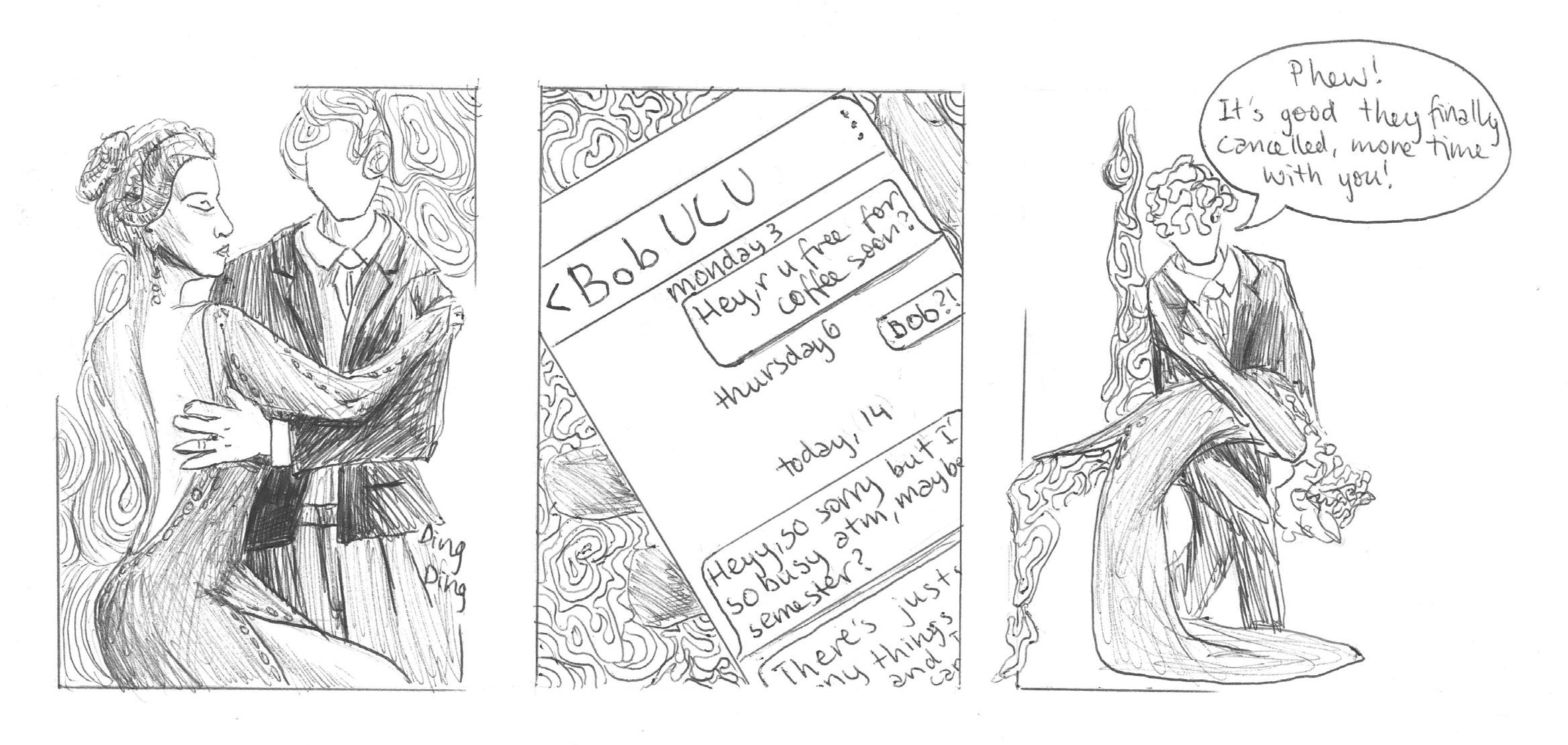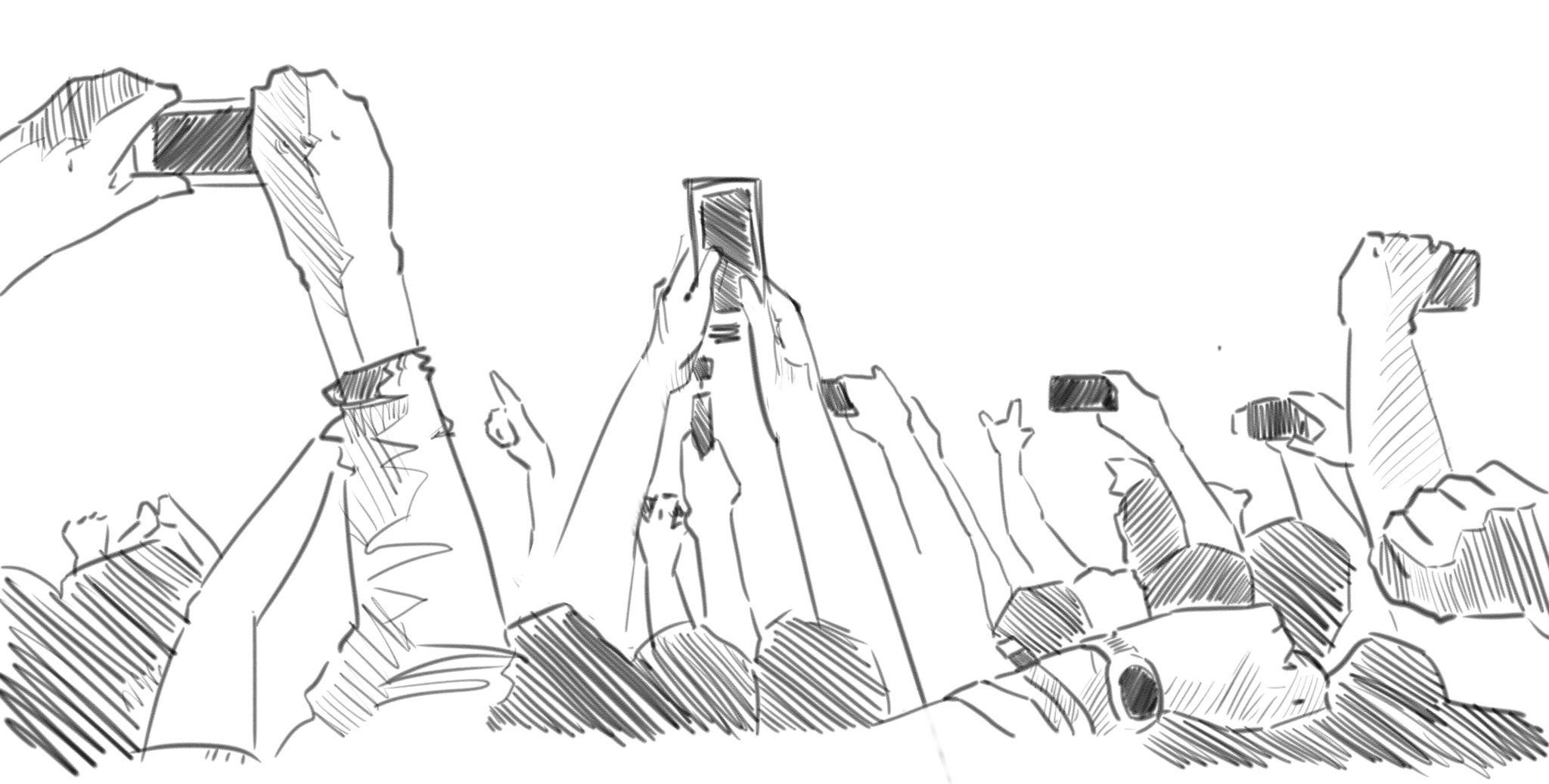
3 minute read
A Brief and Personal History of Chinese Food on Christmas
from Winter 2022
by Katrina Joy Funk
There are some traditions so essential to a family or community that one doesn’t even question where they came from. Though they may leave outsider's scratching their heads in confusion, these traditions help to make us who we are. It seems that most families, aside from the usual holiday traditions, have something special, something a bit unusual that is unique to their family.
Advertisement
Growing up in the United States, it was common for my family to order (Americanized) Chinese takeout on Christmas Eve or sometimes even Christmas Day. After deliberating over the options, my family would write down their choices on a Post-It note and I would be charged with calling in the order. Then, my dad and I would make the drive to pick up the food, heat turned on full blast, snow swirling in front of the headlights. Once at home, we’d dish up steaming plates of pineapple chicken, fried rice, and chow mein, mix up a few gin and tonics, and settle down around the candle-lit dining table.
The history of Chinese food on Christmas is much more complicated and nuanced than just the tasty appeal of a celebratory takeout meal. It begins in late 19th century New York City, where Jewish and Chinese immigrants lived side by side in the city’s Lower East Side. As Jewish immigrants sought assimilation, they often felt left out of customs such as Sunday lunch after church and Christian holidays such as Christmas. The question of “what do we do on Christmas?” has been asked by Jews for as long as the holiday has existed. There’s the question of whether or not to put up a Christmas tree and decorate the house. Should presents be given out? Is a special meal to be eaten?
I knew other families who did the same, and never thought much about the custom’s origins. It just seemed like another way to celebrate the holidays and avoid the added hassle of cooking a big Christmas meal. Though my family has always celebrated Christmas, I consider myself to be ethnically Jewish, my dad’s side of the family having Sephardic Jewish origins. However, since I was not raised religiously Jewish, my pride in my heritage has expressed itself in more subtle ways. But to me, Chinese food on Christmas was simply something to look forward to, and in no way a link to my Jewish heritage. That is until, ironically enough, I delved into researching the tradition’s history for this article.
By the 1930s, New York’s Jewish population seemingly found an answer to the last question when they began to frequent Chinese restaurants on the holiday, allowing them to celebrate Christmas in their own way. However, the choice of Chinese cuisine was not necessarily random. According to the Jewish religion, it is forbidden to mix milk and meat. Traditionally, Chinese food is almost always dairy-free, making it an ideal choice for Jews keeping kosher. However, many American-Chinese dishes commonly contain pork, which Jews are forbidden to eat.
In an interview with Vox, Joshua Eli Plaut, rabbi of Metropolitan Synagogue in New York, references sociologist Gaye Tuchman’s explanation of why Jews considered pork in Chinese dishes “safe.” Tuchman chalks this “plausible deniability of non-Kosher foods” up to the fact that the pork was often hidden among other ingredients in the dishes, therefore making it “easier” to eat. This made it safe treyf (treyf being the Yiddish word for ‘non-kosher’).
In a way, this tradition is a triumphant, yet somewhat melancholic embodiment of the Jewish immigrant experience in the United States. Considered outsiders for generations, and having faced a spectrum of hostilities, Jewish-Americans carved out a vibrant existence for themselves in a foreign land. This makes me think of my Jewish grandmother, who emigrated from Turkey and found herself living in rural America in the 1950s. I think of the parts of her life and of her past that she hid away, afraid of being seen as “un-American.” I think of the once gleaming menorahs, that were packed away in boxes, upon which dust would quickly collect. I think of how she refused to teach my dad or uncle any of the many languages she spoke fluently.

Thinking of the compromises and adjustments she had to make is heartbreaking. However, I also feel pride. Pride in her ability to adapt and find moments of happiness in the unfamiliar. This Christmas, when I return home, and my family sits down to our Christmas Eve meal from our favorite local Chinese restaurant, the tradition will have taken on a new meaning. I’ll think about my grandmother and the generations of Jewish families, having to adapt and bend, but creating something new, sweetly and uniquely theirs along the way.










